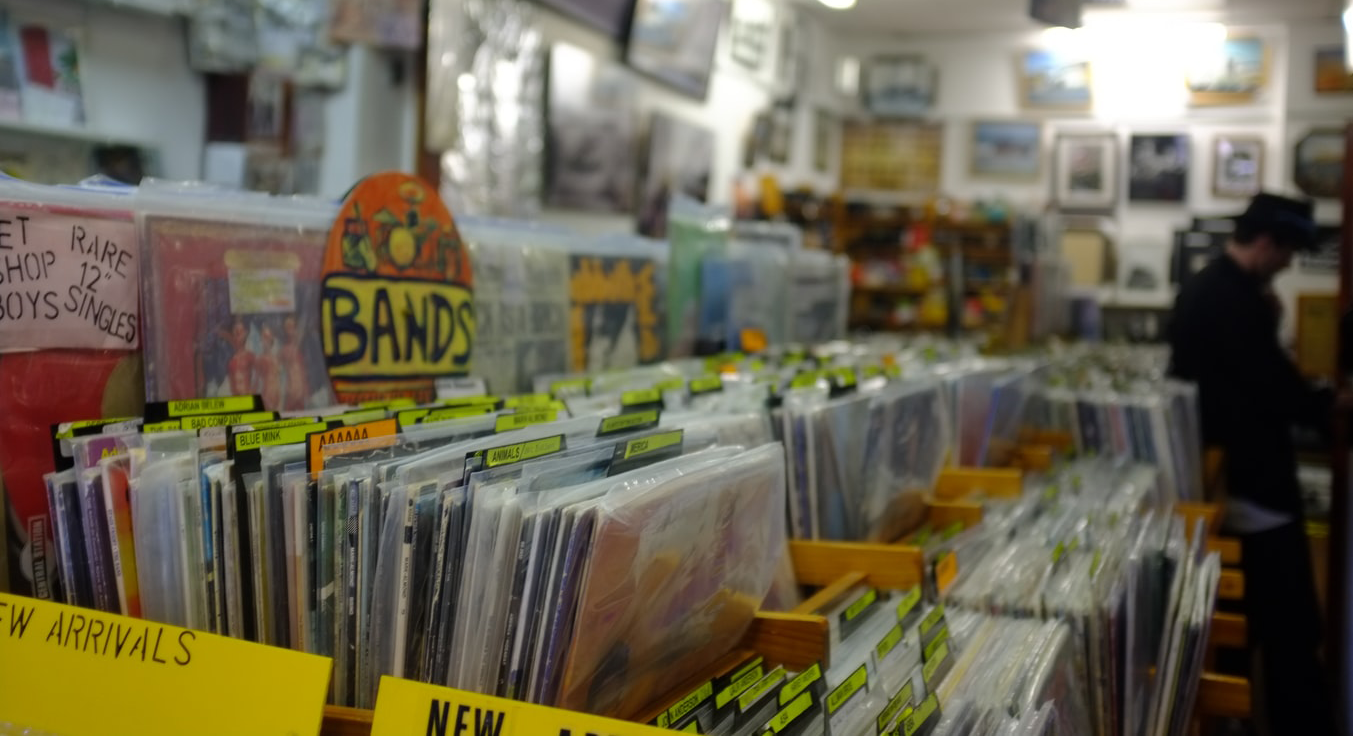You’ve probably heard the term “royalty free” before, however there is a lot of misconception as to what it actually means. In this article we’ll explain everything you need to know about using royalty-free music.
What is Royalty Free music?
Royalty free music means that the music is “without royalties”. Put simply, it refers to a type of licensing in which a piece of music is bought only once and can be used for as long the user wishes. In other words, the user is not required to pay a fee (royalty) every time the song is used.
For example, let’s imagine you’ve purchased a royalty free music license for your online radio station. You’ll pay a one-time fee, whether you have 100 or 10 000 listeners, and whether you use the music for 10 days or 10 years.

Licensing for free Royalty free music
There are 2 types of free licensing for free royalty free music: public domain and creative commons.
Public domain
Public domain music refers to all the music:
- Whose rights are expired
- Published prior to 1922
- That doesn’t have copyrights
- Whose author submitted it to the public domain
Here are a few websites where you can find free public domain music: Free soundtrack music, Free music archive, Musopen, FreePD.
Creative commons
A Creative Commons license is used when an artist grants the right to share, use, and build upon a work that they (the artist) have created. There are 6 different Creative Common licenses:
- CC BY: Allows you to distribute, remix, adapt, and build upon the material in any medium or format. The license allows for commercial use, however credit must be given to the creator.
- CC BY-SA: Allows you to distribute, remix, adapt, and build upon the material in any medium or format. The license allows for commercial use, however credit must be given to the creator. Furthermore, if you remix, adapt, or build upon the material, you must license the modified material under identical terms.
- CC BY-NC: Allows you to distribute, remix, adapt, and build upon the material in any medium or format. The license allows for non-commercial use and credit must be given to the creator.
- CC BY-NC-SA: Allows you to distribute, remix, adapt, and build upon the material in any medium or format. The license allows for non-commercial use and credit must be given to the creator. Furthermore, if you remix, adapt, or build upon the material, you must license the modified material under identical terms.
- CC BY-ND: Allows you to copy and distribute the material in any medium or format in unadapted form only, and only so long as credit is given to the creator. This license allows for commercial use.
- CC BY-NC-ND: Allows you to copy and distribute the material in any medium or format in unadapted form only. This license is for non-commercial purposes only, and only credit must be given to the creator.
For more information about Creative Commons licenses, follow this link.
Licensing for paid Royalty free music
There is not one specific license that you can purchase to cover your royalty-free music, it will all depend on the platform from which you are getting your content. Some platforms offer a monthly or yearly subscription that will give you access to their whole catalogue, whilst others will charge you for individual song licenses. Here are a few royalty-free platforms:
- Airlist.io: From $16.60/ month
- Audio Jungle: From $20 per song
- Epidemic Sound: From 13€/ month
- Envato Elements: From $16.50/ month
- Soundstripe: From $19/ month or $149/ year

What is Copyright Free music?
It’s important to remember that copyright free and royalty free music are not the same thing. What’s the difference you may ask? Well, copyright free means that the original creator has decided to release the music to be used without restriction. In other words, copyright-free music has no copyright whereas royalty free means the music does indeed have copyright.
Careful: Finding completely copyright free music is incredibly rare. Pretty much all songs have some sort of copyright (even music with a Creative Commons license.)
Follow this link for more information about music licensing.
